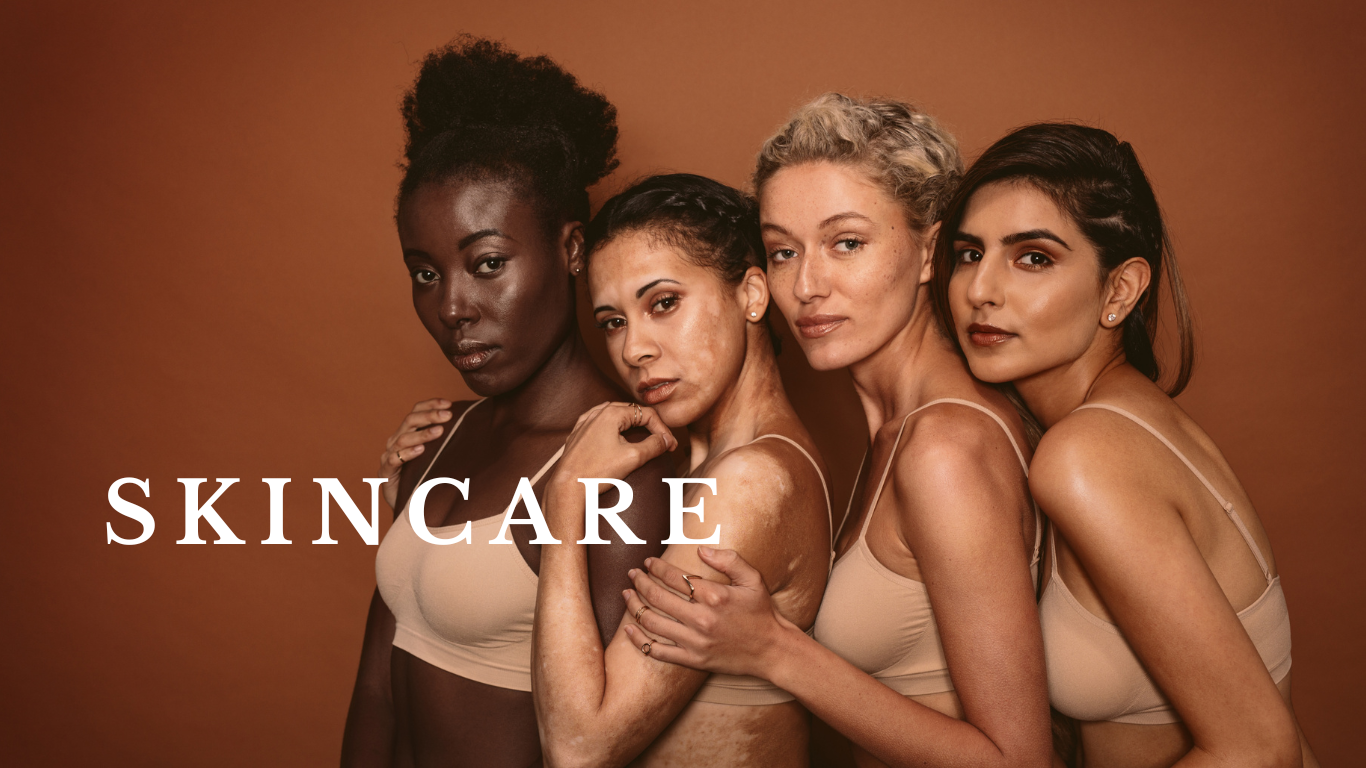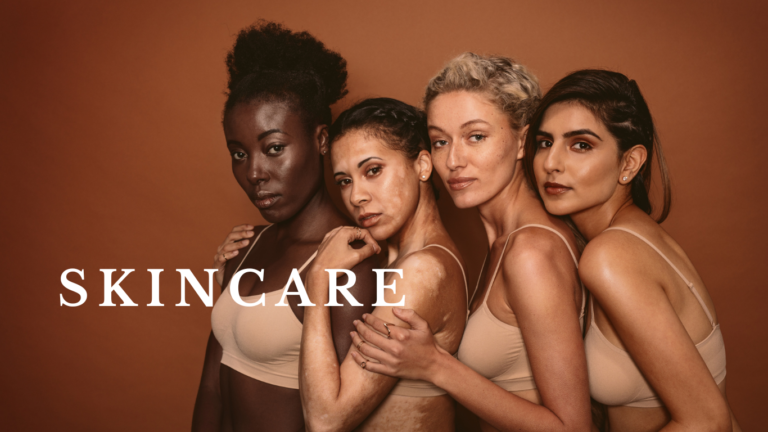Hair loss can impact anyone, but Black men and women may experience unique challenges due to factors related to genetics, hair type, and specific scalp conditions.
Understanding the science behind hair loss in Black individuals offers insight into prevention, treatment options, and care strategies that can help manage and even slow down the process. Here, we’ll look at the causes, types, and treatments for hair loss with a focus on the specific needs of Black hair and scalp health.
What Causes Hair Loss in Black Men and Women?
Hair loss, also known as alopecia, occurs when hair stops growing or breaks at an abnormal rate. For Black individuals, hair loss may be triggered by a combination of genetics, hormonal changes, and lifestyle habits. Common causes include:
1. Genetic Predisposition (Androgenetic Alopecia)
Commonly known as male or female pattern baldness, this hereditary condition results from sensitivity to androgens (hormones). It can cause gradual hair thinning at the crown and hairline in men and general thinning in women.
2. Traction Alopecia:
This type of hair loss is caused by hairstyles that put stress on the scalp, such as tight braids, ponytails, or extensions. Traction alopecia is especially common in Black individuals due to certain hair care practices.
3. Central Centrifugal Cicatricial Alopecia (CCCA):
CCCA is a form of scarring alopecia primarily affecting Black women. It usually begins at the crown and spreads outward, causing hair loss and sometimes irreversible scarring if untreated.
4. Nutritional Deficiencies:
Lack of essential nutrients, such as iron, vitamin D, and certain B vitamins, can contribute to hair thinning and loss. Black individuals may also be at higher risk of certain deficiencies, affecting overall hair health.
5. Hormonal Imbalances (including PCOS):
Conditions like polycystic ovary syndrome (PCOS) can cause hair thinning in Black women due to androgen imbalance.
6. Scalp Conditions:
Conditions like dandruff, seborrheic dermatitis, and scalp psoriasis can cause inflammation, leading to itching, flaking, and sometimes hair loss.
How Hair Type and Structure Affect Hair Loss in Black People
The unique structure of Black hair, which is often curly or coily, makes it more prone to breakage and scalp issues:
- Curly Hair Structure: Black hair tends to be more fragile due to its curly or coily structure. Each curl has multiple bends, which creates points of weakness along the strand.
- Low Sebum Distribution: Sebum, the scalp’s natural oil, has difficulty traveling down the shaft of curly or coily hair, leaving it prone to dryness, which can lead to breakage.
- Scalp Sensitivity: The scalp’s sensitivity in Black individuals can be affected by frequent use of styling products or chemical treatments, which can weaken hair and cause inflammation over time.
The Science of Hair Growth and Loss in Black Hair
Hair growth follows a cycle of growth (anagen), rest (telogen), and shedding (catagen). Hair loss may occur when there’s an imbalance in this cycle, causing more shedding than growth. In Black individuals, the growth phase may be shorter, and due to the fragility of the hair structure, breakage can appear as thinning.
Common Types of Hair Loss in Black Men and Women:
- Telogen Effluvium: Triggered by stress, illness, or hormonal changes, telogen effluvium causes a large number of hairs to enter the resting phase, leading to increased shedding.
- Alopecia Areata: An autoimmune condition in which the immune system attacks hair follicles, causing patchy hair loss. This type can affect anyone but has been noted to impact Black individuals at higher rates.
Prevention and Care Tips for Hair Loss in Black Men and Women
Preventing and managing hair loss involves both protective styling and nourishing hair care practices tailored for Black hair:
1. Limit Tight Hairstyles and High Tension Styles
Avoid hairstyles that place excessive stress on the scalp, such as tight braids or ponytails. Protective styles that are gentle on the scalp, such as loose twists or buns, can help reduce the risk of traction alopecia.
2. Incorporate Scalp Massages
Gentle scalp massages can stimulate blood flow to the scalp, promoting hair growth. Use a lightweight oil like jojoba or castor oil to add moisture and reduce friction on the scalp.
3. Optimize Nutrition for Hair Health
Eating a diet rich in vitamins and minerals, such as iron, vitamin D, zinc, and biotin, is essential for hair health. If you’re concerned about deficiencies, consider talking to a healthcare provider about supplements.
4. Maintain Hydration and Moisture
To prevent dryness, regularly hydrate hair with water-based moisturizers or leave-in conditioners, and seal in moisture with oils or hair butters. This is particularly important for maintaining the strength of curly or coily hair.
5. Choose Gentle Hair Products
Avoid sulfates, parabens, and alcohols in hair products, as they can strip natural oils and cause dryness. Products formulated for Black hair often contain gentler, hydrating ingredients.
6. See a Dermatologist for Scalp Concerns
If you’re noticing symptoms like flaking, itchiness, or excessive shedding, consulting a dermatologist can help identify any underlying scalp conditions that may be contributing to hair loss.
Treatment Options for Hair Loss in Black Individuals
There are several treatments available for managing hair loss that cater to the unique needs of Black hair:
- Minoxidil (Rogaine): This FDA-approved treatment helps to stimulate hair growth and is often used for androgenetic alopecia. Speak with a dermatologist to see if this option is right for you.
- PRP (Platelet-Rich Plasma) Therapy: This non-surgical treatment involves injecting the patient’s plasma into the scalp to stimulate hair growth.
- Low-Level Laser Therapy (LLLT): Often used to promote hair growth, LLLT is a non-invasive treatment that uses red light to stimulate hair follicles.
- Corticosteroid Injections: These injections are sometimes used to treat alopecia areata by reducing inflammation around hair follicles.
Conclusion
Hair loss is a complex issue, particularly for Black men and women who may face unique challenges related to hair type, genetics, and scalp conditions. By understanding the science behind hair loss and implementing protective practices, it’s possible to manage and even slow hair loss over time. For more advanced treatments, consulting a dermatologist familiar with the unique needs of Black hair can make all the difference.



